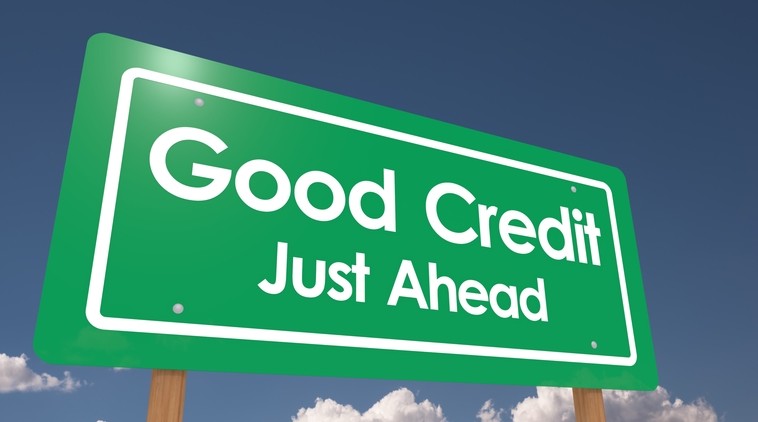Although it is possible to live with bad credit, you will really have a hard time. Bad credit makes many things expensive, difficult and in some cases impossible. For instance, if you are a driver and you have bad credit, then insurance companies will charge you higher interest rates. Banks also check credit score before they give loans or credit cards. If you have a poor credit score, then chances are that banks will deny your loan request or if they agree, then they will charge high-interest rates. If you want to save money on credit cards, loans, and insurance, then credit repair is vital. A good credit score will also open up employment and promotion opportunities. If you have poor credit score, then all is not lost. There are a few simple things that you can do to improve your credit score. So are you sick of being turned down for loans? Here is an easy to follow a plan to begin repairing your credit.
1. REQUEST YOUR CREDIT REPORT
Credit bureaus (Experian, Equifax, and Transunion) are required by law to give you a free copy of your credit report at least once a year. Before you start repairing your poor credit score, you need to know the current state of your credit report. Your credit will reveal all mistakes that you have made that have led to poor credit score. Request your credit report to know all negative items that have greatly affected your credit score.
2. REVIEW YOUR CREDIT REPORT AND LOOK FOR ERRORS
Once Credit bureaus have sent your credit report, you need to analyze it carefully and check if it has errors. If you have a long credit history, then you must be prepared to read several pages. However, you should not get overwhelmed. Errors are not common but they do happen. If you find that your credit report has errors even small ones, then you should dispute them immediately. Some important things to check include your social security number, your credit history spelling on your address and name, a major purchase that you made, your outstanding debts as well as a list of your credit cards. If you spot any error, make a copy of the report and dispute them.
3. PAY YOUR CREDIT CARD BALANCES
Do you know that your payment history has more weight on your credit score more than any other factor? (35%) Because of the fact that your payment history plays a huge role on your credit score, it is crucial to pay all your credit card balances. Pay all accounts that are past due but are not yet charge off. You don’t have to pay all your credit card balances at once, you can start paying in small amounts.
4. PAY YOUR BILLS ON TIME
If you want to improve your credit score, then you need to start paying your monthly bills on time going forward. Paying your bills on time is one of the most crucial factors in improving your credit score. In fact, your credit score won’t improve until you show consistency in paying your bills.
5. LEAVE WITHIN YOUR MEANS
Spending more than what you can afford will eventually lead you in debts. More debts means poor credit score. If you want to improve your credit
score, then it is time you start living within your means. Come up with a budget and ensure that you don’t spend more than what you earn.


